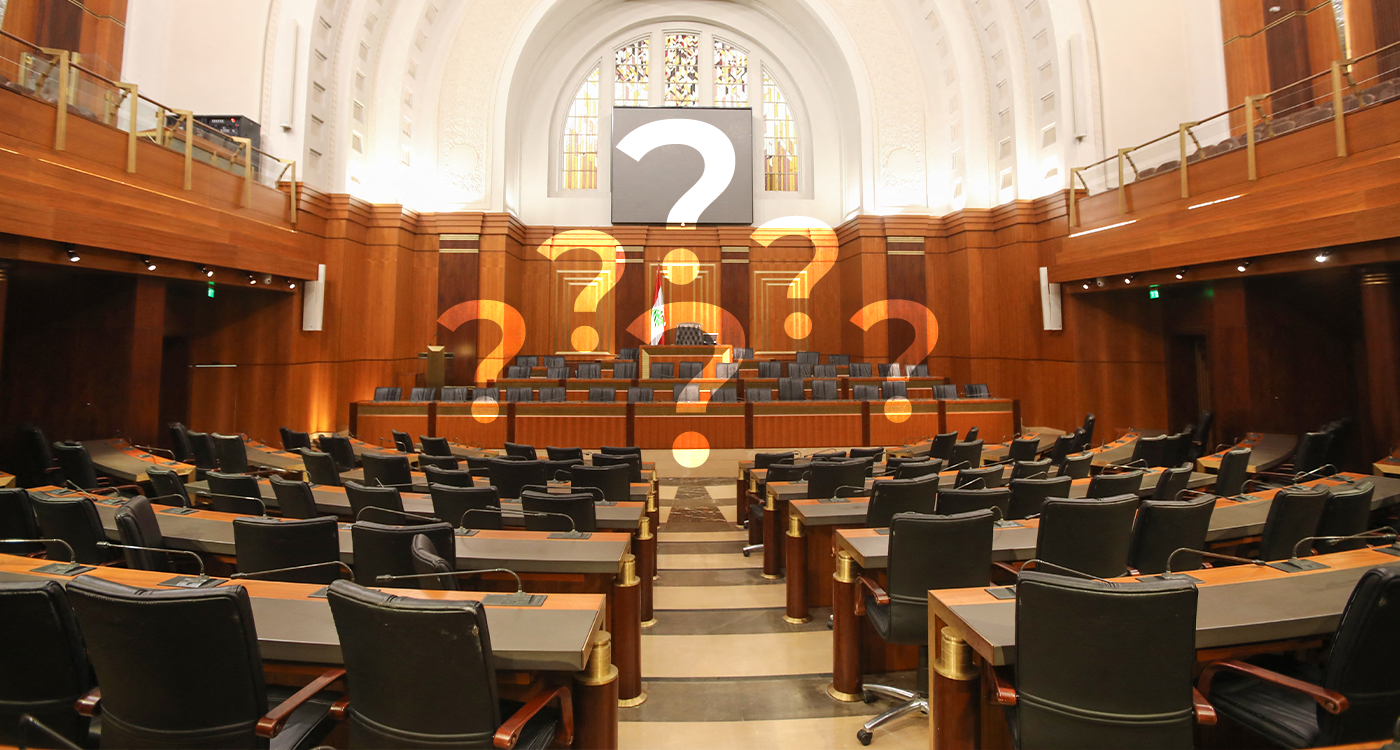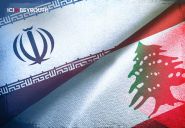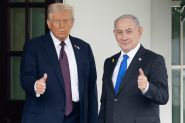
While Tehran gently negotiates with Washington over its nuclear program and ballistic missiles—pretending to adopt a posture of compromise on the international stage—its ambassador in Beirut bluntly insists that Hezbollah must keep its weapons, despite the ceasefire agreement, United Nations resolutions and the Lebanese sovereignty championed by the president of the Republic. This deliberate diplomatic schizophrenia perfectly illustrates Iran's strategic arrogance: engaging in dialogue with world powers with one hand, while arming and directing a militia on Lebanese soil with the other.
Hezbollah, both a political and military actor, remains in denial about its defeat and continues to try to impose its security hegemony over Lebanon. The government sinks into internal contradictions, sometimes complicit. And while weapons remain pointed, even though disarmament has been clearly stated by the international community as the first condition for reconstruction aid and economic development, Lebanese MPs prefer to focus on a law for the complete lifting of banking secrecy—retroactively, no less—delivering a slap to the principles of legal stability and a final blow to the country’s economic attractiveness. One might think Parliament is more committed to chasing away the last remaining investors than to building a state worthy of the name.
In these pseudo-democratic debates, no one seems to remember, for example, Qard El Hassan, Hezbollah’s bank. This structure operates completely illegally—without a license, without transparency, outside the official financial circuit. It embodies the economic heart of the “state within a state” that Hezbollah has become. Yet, it remains ignored by institutions that turn a blind eye to its systemic threat. In this fragmented landscape, a few glimmers of hope remain. The President of the Republic, despite headwinds, has multiplied calls for dialogue and for strengthening the institutions, taking the lead in bilateral discussions about the disarmament of Hezbollah.
His recent stances serve as a reminder that sovereignty is not an option, but a vital necessity to guarantee the country’s unity and stability. On the ground, the Lebanese army continues to represent one of the few remaining pillars of the state. With limited resources, it demonstrates exemplary professionalism—ensuring internal security, arresting would-be missile-launching sorcerers and destruction enthusiasts, responding to border tensions and protecting civilians when civil institutions fail.
But these efforts, commendable as they are, will not be enough to rebuild the country so long as the root causes of national paralysis remain unaddressed. So, what remains of Lebanese sovereignty when an armed militia dictates security, operates a shadow bank and imposes its own laws, while MPs debate legislation disconnected from the national emergency? A large part of the Lebanese leadership is no longer just weak, it is now complicit in the disintegration. Especially those motivated by foreign funding, eager to definitively destroy the banking system and, in effect, rob depositors.
Lebanon does not need a banking facelift, it needs a surge of sovereignty. And this starts with speaking plainly: as long as Hezbollah remains armed, as long as illegal financial entities operate with impunity, no reform will be credible. Not for the Lebanese people, and certainly not for investors. Is the government and Parliament creating a distraction to avoid addressing the real cause of the disaster—namely, illegal weapons?
Georges Clemenceau once said, “When you want to bury a problem, create a commission.”




Comments